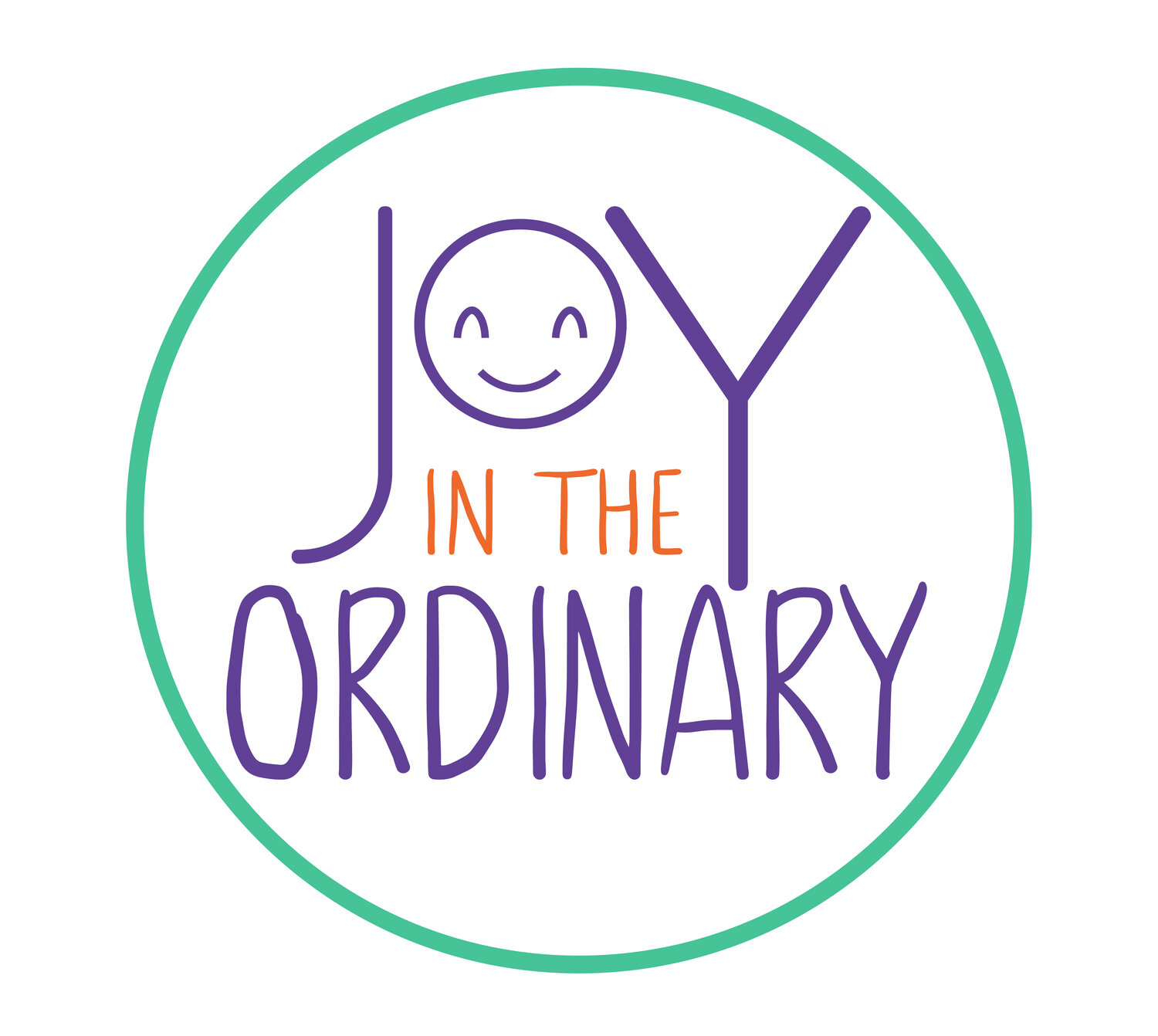Daughters and Friendships: Helping My Daughters Navigate Friendships
When I was a girl, I didn't have many friends. There are few people that come to mind when I think of friendships of my youth. Some of these friendships were downright hard while some of them were enjoyable. But to be honest, I feel like the hard ones outnumber the good ones of my youth. These memories are still vivid for me which is the reason I choose to help my daughters navigate the sometimes murky waters of friendship.
I wish that I had an adult who spoke to me about the struggles of relationships. I started having friendship trouble at the ripe old age of six! I was more timid in my youth. I didn't like to start trouble nor did I have the type of family who encouraged me to be myself. This made dealing with dominant personalities extremely hard for me. I think it's easy for grown-ups to think that children will get along because all they are doing is playing, but we all know that each child has her own personality, triggers, and quirks.
In order to help my daughters to not fall into the same traps as I did as I child, I am adamant about teaching them these three things when it relates to friendships:
Set Boundaries
I didn't learn about boundaries until I was sitting on the couch in my former therapist's office. I didn't have good boundaries when it came to others in certain situations because I didn't want to be seen as mean nor did I want cause friction. If a situation upset me enough, then I would cut the person totally off. To help my daughters to not feel like they have to be all in or all out with new or old friendships, we have been focusing on having boundaries with others. They have always been taught that it is perfectly fine to say no. I know if they are anything like their mother, they might question themselves about being too harsh, but they know that an honest no is better than an uncomfortable yes. If a friend decides to become upset from hearing no, then the girls know that it isn't their problem how the friend receives their response. They've learned that if they get into the habit of saying yes to please people then chances are they will probably not enjoy the relationship.
Be Compatible
Do you have friends who are the same age as your children? Do you expect your children to be your friend's child friend? It's often the case for children to have to play with their parent's friend's children. This isn't fair to them especially if they aren't compatible. It would be dishonest for me to say that my children are compatible with all of my friend's children. Yes, we have some friendships where I like the mom and my girls like their children, but I've also have had experiences where my daughters simply weren't fans of the children of my friends. This is okay. As adults, we do not like everyone that we meet. Sometimes we don't even fully know why we feel such discontent with a person, but there's something there that tells us to steer away. Children have this same inkling because they are human, too. When my daughters feel discontent when engaging with certain children, we have an open conversation about it. They know that it is safe for them to share with me. These conversations help us to try to come to some understanding about what is causing the frustration. At the end of it, I don't force them to be friends with anyone. This allows them to be able to trust their instinct. When we force relationships upon children, we are instilling in them a habit that teaches them not to trust themselves.
Change perspective
While sometimes two people just might not be compatible to have a friendship, there are many times when the two are simply not seeing the situation from the other person's perspective. Not long ago, my friend and I sat down with our daughters who were/are (I think they're still figuring out) friends. When they became friends, they enjoyed being together, but something changed. We sat down with them because it seemed like the two had two totally different views of what was happening in their friendship. They each shared how the other was making them feel, not in a blaming way, but in a ways that they could get out their hurt feelings. The one good thing about this sit down was that both of our daughters had two women sit beside them and share how we struggle/struggled with similar things in our friendships. By opening up and sharing that sometimes the way we perceive things can be totally wrong, our daughters were able to dig a bit into the way they were perceiving things. For instance, they both learned that neither of them has mastered their body language. They give off looks or make gestures that hurt when they didn't intend to, and since they both were sensitive to one another's body signals this caused a bit of friction.
I know that I may not be included in all of my daughters' friendships, but I hope walking through the hard moments with them in their youth will help prepare them for rough times in adulthood. I want my daughters to know that having a friend should be a good thing.


